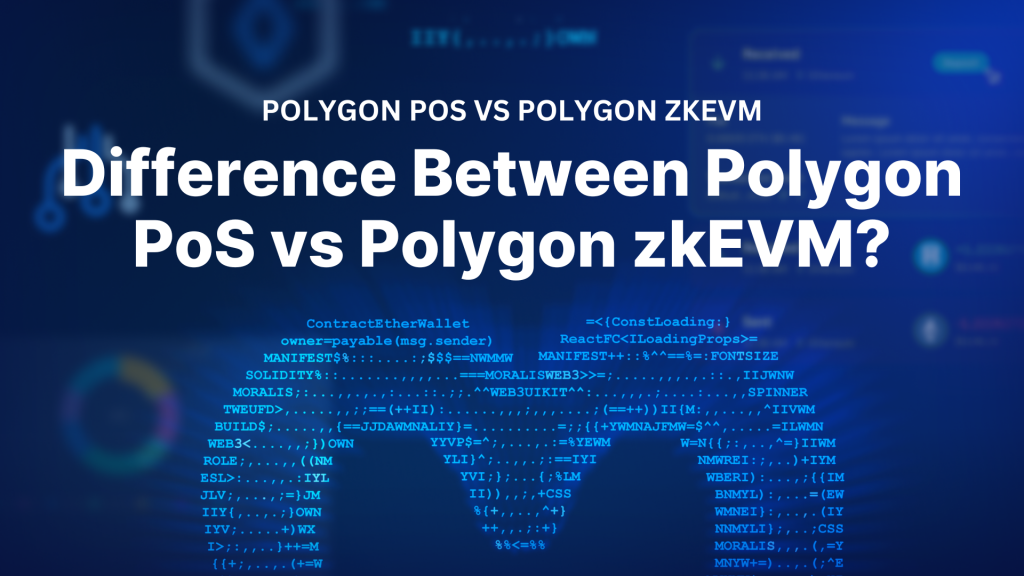The research by CB Insights breaks down key trends in generative AI, highlighting infrastructure demands, emerging models, and evolving applications.
Generative AI Infrastructure
Energy Demands: AI data centers, like those using Nvidia H100 chips, consume energy equivalent to entire countries. This pushes demand for renewable and nuclear energy, with major investments in cooling tech and sustainable power.
Data Scarcity: High-quality data for AI is running out, leading to a pivot towards synthetic datasets. OpenAI and others are increasingly training models on AI-generated data.Chip Shortages: Nvidia faces competition as Amazon, Google, and others develop proprietary chips to counter GPU shortages.
Foundation Models
Multimodal AI: Models like Google’s Gemini Ultra set a new standard, integrating diverse inputs (text, video, audio). Many enterprises are expected to follow suit.Smaller Models: Efficient models like Meta’s Llama-2 are gaining traction, particularly in privacy-sensitive industries, due to their affordability and efficiency.Open Source Challenge: Open-source models are gaining momentum, threatening closed proprietary systems by offering lower costs and customizability.
Human-Machine Interactions
AI Companions: AI companionship is rising, especially among Gen Z, contributing to reduced traditional relationships.
And…
AI Hardware: Innovation in AI-driven devices could disrupt Apple’s iPhone dominance. Startups like Humane are leading the charge with AI-native wearables.
Generative AI Applications
Boosting Productivity: AI copilots are transforming productivity in software development, healthcare, and legal sectors, cutting down on repetitive tasks.Cybersecurity: GenAI tools are simultaneously aiding cyber defenses and enabling new attacks, pushing security firms to adopt AI solutions.Journalism Disruption: AI is transforming news production, but AI search threatens traditional media traffic, prompting licensing deals between media and AI companies.
Meta’s AI Search Ambition
Meta aims to compete with Google and Bing by developing its own AI search engine, reducing dependency on competitors, and entering the AI-powered search market.
Fintech Opportunities
For fintechs, particularly in underbanked regions like Africa, generative AI presents a huge opportunity to bridge financial service gaps, improve customer experience, and drive financial inclusion. This aligns with AI’s broader push to address service accessibility globally.
Leave a comment






























![[LIVE] Latest Crypto News, August 8 – Rally as Trump Approves 401(k) Crypto Investments, ETH Breaks $3,900: Next Crypto To Explode? [LIVE] Latest Crypto News, August 8 – Rally as Trump Approves 401(k) Crypto Investments, ETH Breaks $3,900: Next Crypto To Explode?](https://99bitcoins.com/wp-content/uploads/2025/08/IMG_0834-scaled.png)

